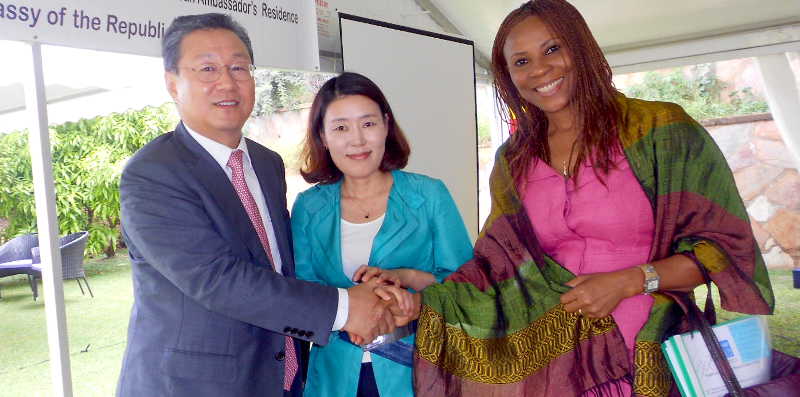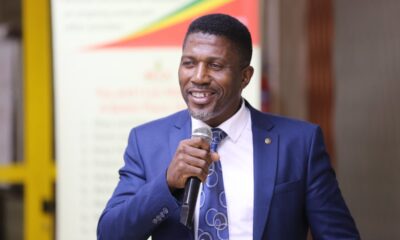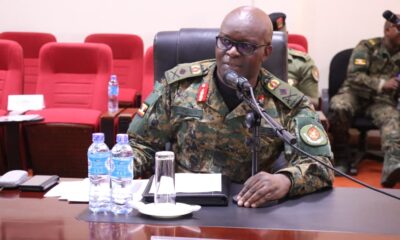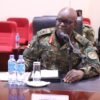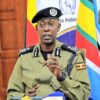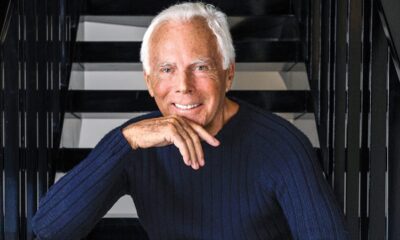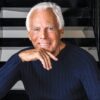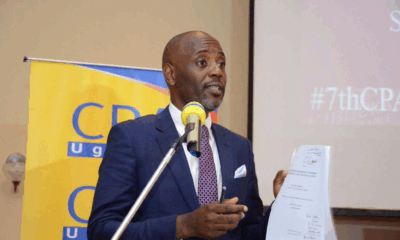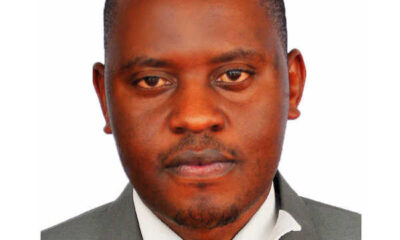News
South Korea, UN launch Ushs11bn initiative to revive community spirit
Following the successful re-introduction of Bulungibwansi or community work in several villages in Wakiso, the government of South Korea and the United Nations Development Programme (UNDP) have decided to inject some cash into communities in Uganda so as to persuade members to revive the community spirit as a first step to poverty eradication.
The government of South Korea through its foreign development agency KOICA, will over the next four years implement a US$2.5m programme (Approx.Ushs8.1bn) to develop seven model villages in Uganda through capacity development and limited financial contributions in Mpigi district.
The aim of the programme is to use the model villages as the starting point for a nation-wide movement to revive the spirit of community work which would in turn lift individual households out of poverty.
In a related development, UNDP has allocated an additional US$1million (Approx. Ushs3.2bn) to implement a similar initiative in fifteen villages in three districts of Kabarole, Maracha and Luuka.
The launch of the two initiatives took place at the residence of the South Korean Ambassador Jong-Dae Park, in Kampala. The minister of local government Adolf Mwesige along with several district leaders, development experts witnessed the launch of the initiative.
Ambassador Park said the initiative is being modelled on the Saemul Undong or New Village Movement principles of Diligence, Hard work and Cooperation that sparked South Koreans to move out of poverty into prosperity in the shortest time ever.
Ambassador Park explained that after the Korean war of 1953, the government of South Korea started to mobilise people to develop village infrastructures such as community roads, wells, schools, health centres and community warehouses, which facilitated access to markets for agricultural produce.
Park told participants at the Saemul Undong forum that while urban areas in S. Korea were prospering, rural areas stagnated in poverty and subsistence.
Allan Seunghwan Shin, the Agricultural Specialist at KOICA told an enthusiastic participants at the forum that the success of the initiative rested on sheer determination by community members to change their lives once and for all.
“My father told me that they decided as community members that poverty had to end with their generation,” said Shin.
Shin added that in Mpigi, they will use the incentive mechanism by rewarding those communities that perform better. Besides the projects in Mpigi, the South Korean Embassy has put in place the President’s Award to reward community-driven initiatives in different villages outside Mpigi.
Adolf Mwesige pledged to mobilise local council structures to provide the much-needed leadership to champion self-motivation in communities.
UNDP officials hailed the New Village Movement principals of Diligence, Hard work and Cooperation as essential in developing the ideological mindset needed to achieve sustainable development. Later this year, the United Nations General Assembly is expected to endorse yet a new development vision known as the Sustainable Development Goals, following the end of the fifteen year period 2000 – 2015 for the implementation of the Millennium Development Goals (MDGs).
A number of speakers expressed the need however for Uganda to embrace mindset change by breaking with the attitude of dependence. Many hailed the radical stance taken by the Lwengo district chairman George Mutabazi of whipping up people in his district as a way to get people to participate in community-owned projects.
Officials from Lwengo pointed out that their no nonsense approach to force people to work their way out of poverty, have paid off.
They noted that in two years, they have been able to mobilise people in the district to save up to 2 billion shillings. They claimed that they have helped to link up to 2,400 households access solar power, agricultural inputs.
A number of people alluded to the strict stance that was used by the then President of Gen. Park Chung-Hee, whose authoritarian policies forced the people of South Korea into action.
In fact Ambassador Park noted that political opportunism practiced by President Museveni has undermined the spirit of individual responsibility.
Vincent Kityamuwesi Musubire, a special assistant in State House illustrated the challenges facing Bulungibwansi by saying that Ugandans have abandoned the sense of responsibility towards themselves as well as their own communities.
But the Head of the United Nations in Uganda Ahunna Aziakonwa Onochie, who is also the UNDP country representative strongly advocated for the preservation of democratic gains recorded by Uganda over the past three decades instead of resorting to authoritarian rule to justify some policies.
Comments



